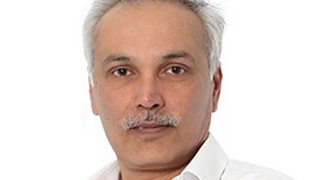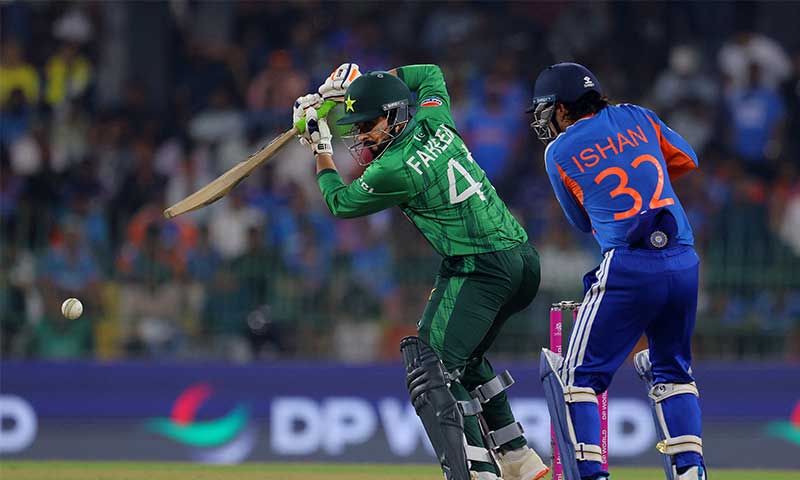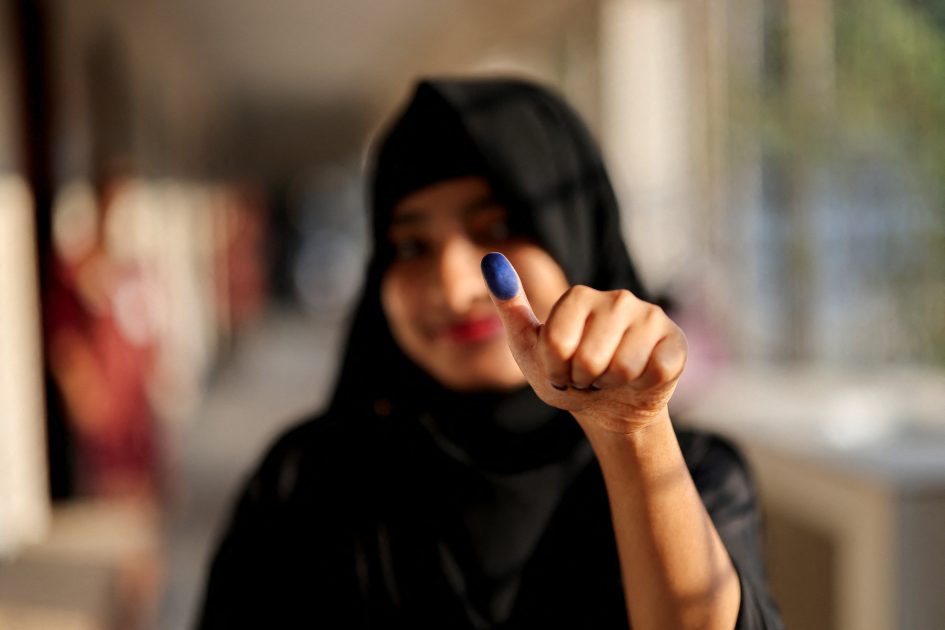- Web Desk
- Feb 16, 2026
Last call Ahl-ul-aqd, wal hal
A very accomplished economist who has recently returned from abroad says he is struck by the upbeat sentiment he has sensed on his return, in stark contrast to the despondency he left behind a mere three months ago. Purely in terms of economic indicators, he says, Pakistan seems to be have been able to push itself onto the right track.
Like most economists, though, he remains worried about these short term gains being frittered away by the politicians gearing up to take over come February 8. When asked what would happen if the next government is a coalition of about a dozen-odd parties, even if it is backed solidly by the military establishment, he said the matter needs to be given some thought before one can offer a conclusive opinion.
It is hard not to agree with him. This is by no means a proposition that can be addressed by a knee-jerk response. Way too much is tangled up, in way too many ways, for it to be untangled in a rush, especially in the absence of what classical Muslim scholars loved to describe as ahl-ul-aqd, wal hal.
Literally, it means those who bind and those who unbind. In simpler words, problem solvers – or those who can bring together several discordant strands to paint a coherent and credible picture, or those who can resolve complex webs of competing strands to reveal a credible way forward.
In our current predicament, few can argue convincingly that our ruling elites are displaying the intellect that can help us look towards them as ahl-ul-aqd, wal hal.
In terms of its politics, Pakistan has, for over 35-years, lived off a basic dictum that political stability can only be found if a political government is backed by our military elite. Working together, they may not be able to work miracles, but can at least ensure that Pakistan fares no better or worse than any other developing country. But should they fall foul of each other, they are no different from a pack of sharks that even starts snapping at itself in its feeding frenzy.
It is time now to ask ourselves if this dictum still holds, or whether it has, well, at least started to fray at the edges, if not crumble altogether. PPP leader Bilawal Bhutto Zaradri’s repeated public assertion that the “old politics” must now give way to newer ideas and practices, doesn’t seem to have been plucked out of thin air. There is a genuine sense of weariness with the cycle of prime ministers or parliaments being brought down prematurely, only to be replaced by more of the same.
It is hard to believe that our political and military elites are blind to this rot. Once a popular national party, the PPP is now finding itself struggling to hold its own in its home province. Another popular national party, PMLN, is battling not to be confined to the province of Punjab while yet another is in such disarray that it is becoming increasingly hard to describe it as a political party.
Watching this decay eating into our polity in an agonizing slow motion is a 150-million strong population of twenty-somethings who have never before taken much interest in the country’s political fortunes. But with technology baring all, they suddenly seem to be left with no choice but to watch this in-your-face tragedy without even the luxury of a few blinks.
Most unfortunately, the man who has raised this awareness in them, the incarcerated PTI leader Imran Khan, seems more focused on toying with their sense of frustration, doing his best to turn it into despondency, than on offering credible solutions. Never mind that the ex US President Harry Truman was being critical of his opponents in his description of their “old political trick” that if you cannot convince them, confuse them. He seems to have taken this trick to heart.
And that is probably the reason why we are considering a genuine possibility of a hotchpotch government drawing its strength more from the military’s support than from a public mandate after the next elections – not the ideal political recipe for a cash-strapped country addicted to spending way more than it can earn.
But there is still time. Eight weeks may not sound like much in the lifetime of a nation, but it is more than sufficient to set things right if used wisely. An open dialogue, a candid admission of their past mistakes from all quarters and a declared resolve not to repeat them, is perhaps all that is required. And if one really thinks about it, it isn’t much in the face of challenges that are threatening to rip apart the very concept of a nation. The key question then, is not the composition of the next government, but whether we have the ahl-ul-aqd, wal hal, who can unravel all that is in a tangle and bind that which has been unravelled.






